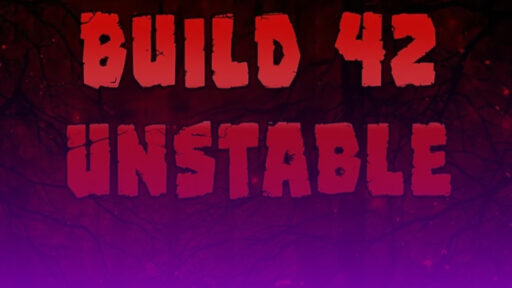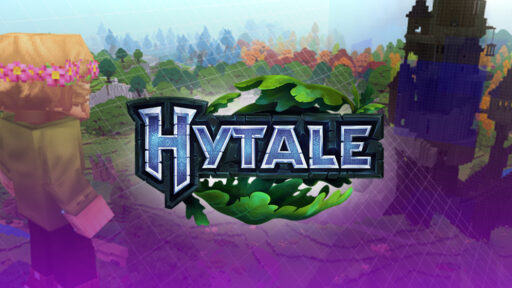Choosing the best hosting for your Project Zomboid server can be tricky, especially if you’ve never dealt with servers before or don’t know which key factors affect performance. Project Zomboid has very specific requirements and a bad provider can cause you a lot of problems. That’s why, in this blog I’m going to share 10 essential tips to help you pick the best hosting, covering everything from the basics to technical details so you can make the right choice.
1. Service Scalability
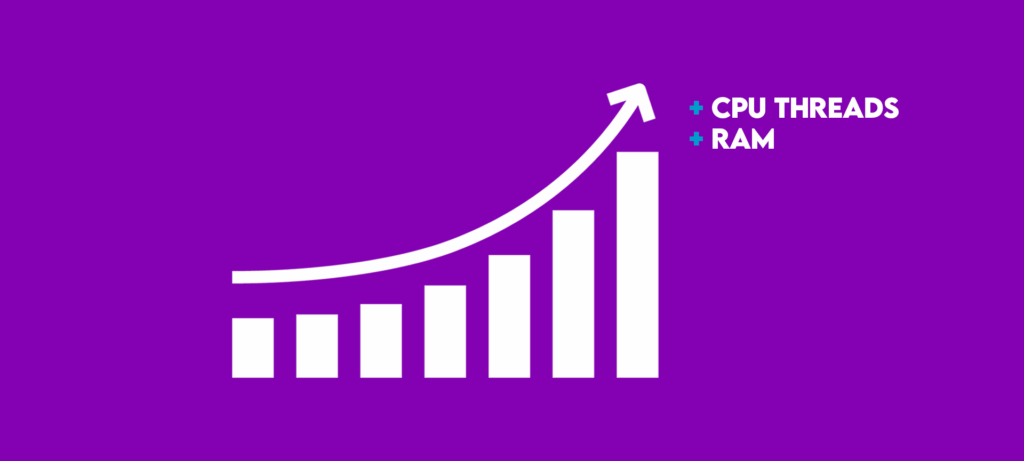
A good provider should give you the ability to increase your service plan resources without having to migrate everything to a new server. Imagine for a moment that your community starts growing, and at some point, you might end up with more players than your initial server can handle. In that case, a good provider should allow you to request more RAM, additional CPU cores, or extra storage space to meet these new demands.
The opposite scenario could also happen, you might need to reduce your server’s capacity, either because you have fewer players online or because you’ve removed mods that required a lot of power. Naturally, you shouldn’t keep paying for resources you no longer need.
At Cybrancee, we offer scalable service plans where you can choose the amount of RAM and CPU threads.
2. Avoid Hosting Providers That Offer “Unlimited RAM”
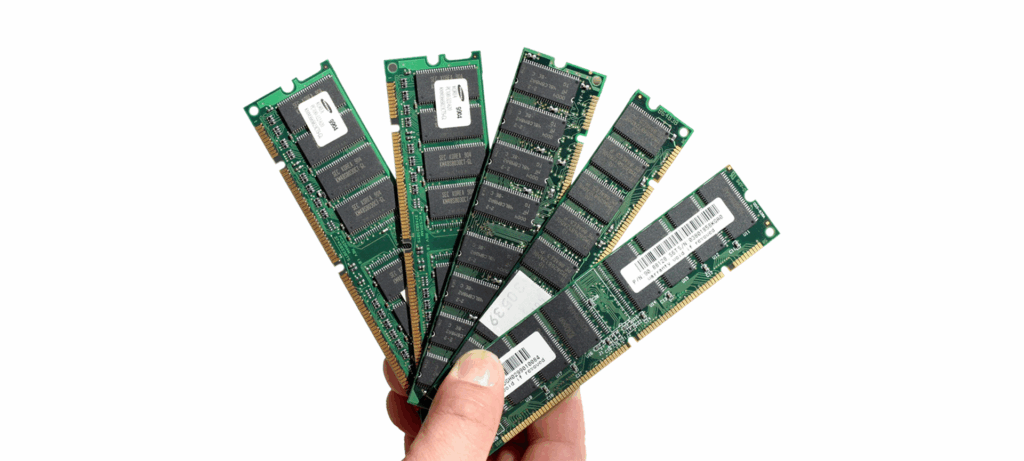
A clear example of this is when a hosting provider offers a plan with “unlimited RAM for 16 slots.” In reality, what they’re doing is assigning you to a shared server with lots of other clients. So, if your server starts using more RAM than the provider deems “normal” for a 16-slot server, they’ll throttle your server’s CPU performance or, in the worst case, abruptly restart it under the guise of “resource abuse.”
Instead, make sure your provider offers plans with a specific fixed amount of RAM for your server. This way, you’ll know exactly what your server technical limitations are, along with the rest of its hardware specs and can properly manage mods, slots, and overall game configuration.
You can easily determine how much RAM your Project Zomboid server requires using the Cybrancee RAM calculator
3. The Hosting Provider Must Be Transparent About Their Hardware
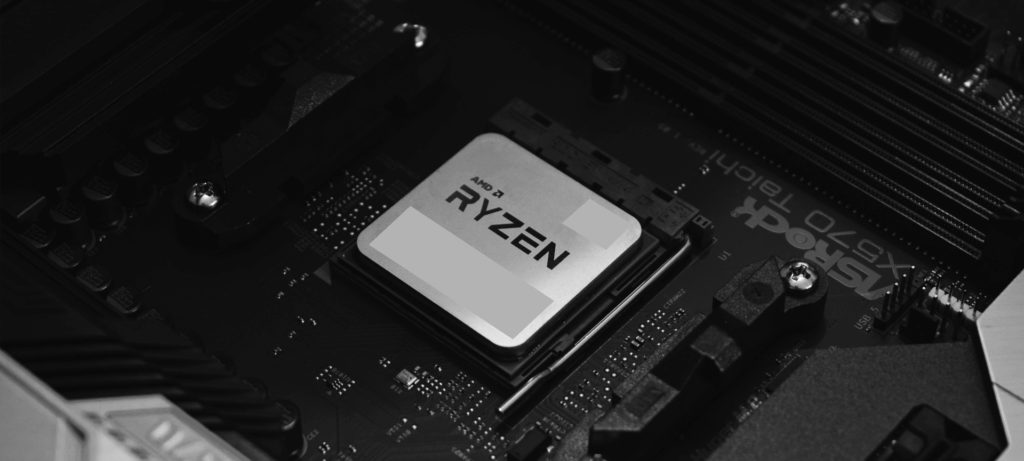
Just as I mentioned earlier regarding the importance of knowing your Project Zomboid server RAM, many providers will claim to offer a “powerful CPU” or “fast SSD storage” without giving further details. What you actually need are the exact technical specifications for each component.
Project Zomboid heavily relies on single-core CPU performance and fast disk access to load map chunks efficiently. So when a provider just says they offer a “powerful CPU” without telling you the exact model, brand, or clock speed, that’s a red flag. Same goes for storage, is it really SSD, or just old HDD? If a provider hides or avoids sharing this information, they’re likely using outdated or underpowered hardware to cut costs.
4. Server Location Options

Ensure your provider allows you to choose from multiple server locations worldwide. For example, if most of your players are in South America, you should pick a server hosted in Brazil or Miami. If your players are mainly in Spain, look for a server in Madrid, France, or Germany, because the location of your server determines the time it takes for data to travel between your players PCs and the server (ping). The farther away the server is, the higher the ping will be.
In Project Zomboid, high ping leads to an unstable experience: delays when opening or closing doors, hitting zombies, or desync during inventory interactions. Ping is critical because a player could even “lose” their game progress if their character dies due to sudden lag, so server location is one of the most important factors to consider.
5. DDoS Protection Is a Must
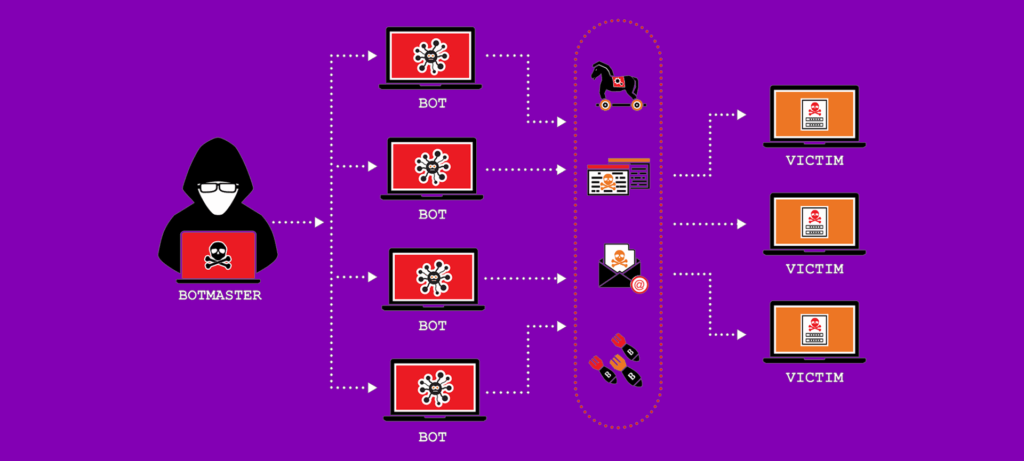
Make sure your provider includes DDoS protection in their service plans and is transparent about its capabilities. If a hosting provider doesn’t mention DDoS protection or treats it as a paid extra, you should rule them out, because this kind of protection is essential to keeping your server online and available for your players at all times.
If you’re not familiar with DDoS attacks, they’re a type of denial-of-service attack where someone floods your server with fake traffic, overwhelming it until it crashes. Don’t assume this can’t happen to you, because, the truth is, any server is a potential target these days.

A proper DDoS defense should work on two levels. First, the hosting provider itself should have network-level protection to shield their entire infrastructure, because if an attack takes down their network, every server hosted there (including yours) will go offline. Second, your server needs its own protection, filtering out malicious traffic targeting your IP and port while allowing only legitimate player connections.
6. Functional Control Panel
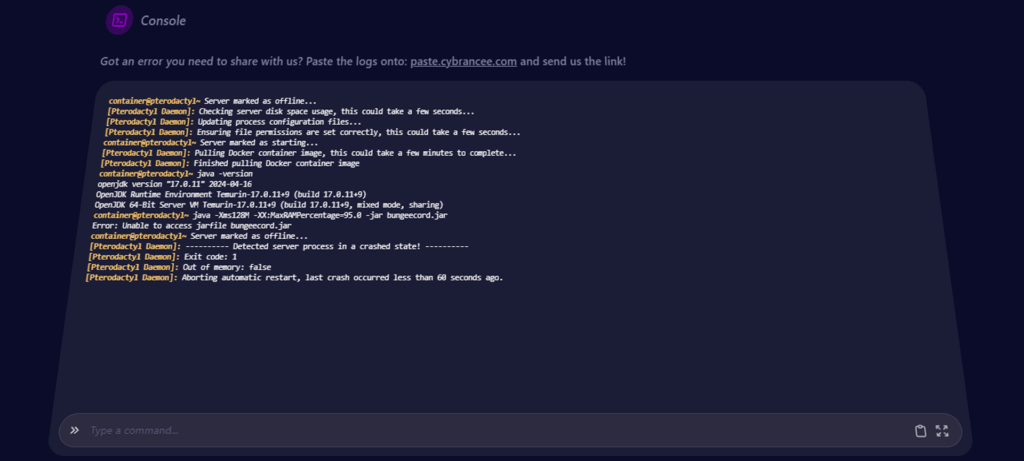
The control panel is a web interface where you manage your server files, and you can start, stop and restart the server with just a click. It also includes a real-time console viewer, which is essentially a live text feed of everything happening on your server at a technical level and where you can input commands to adjust server behavior and gameplay settings.
A good control panel should also display CPU and RAM usage in real time through graphs or meters. This is crucial for monitoring how your server handles active players, installed mods, and overall configuration, as all of these directly impact the hardware you’re paying for.
Many top hosting providers use a platform called Pterodactyl, so if you see a provider running it, that’s a positive sign because Pterodactyl is an open-source standard with a robust, user-friendly interface (unlike some “custom” panels that are outdated or clunky).
7. A Hosting Provider Must Offer You Full Server File Access (FTP/SFTP)
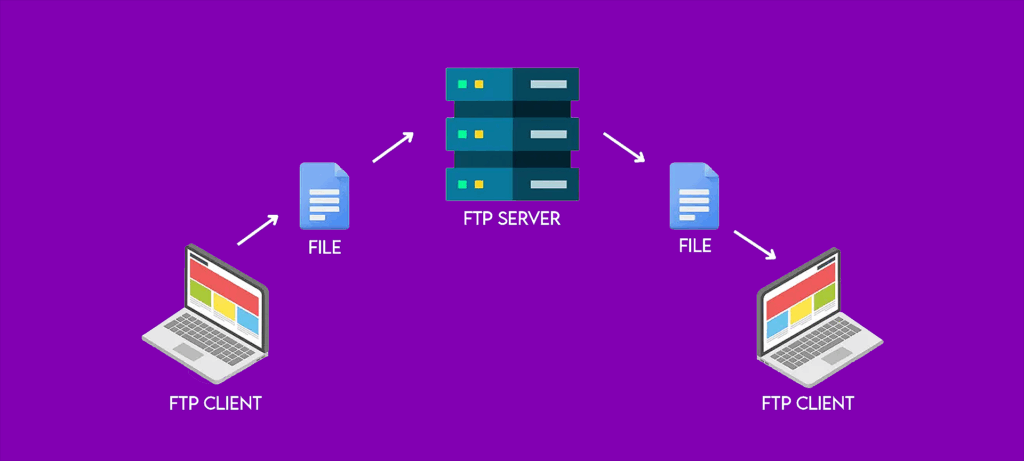
No matter how good a hosting provider’s control panel is, they must give you direct access to your server files. You’ll typically access these files through FTP (File Transfer Protocol) or its more secure version, SFTP. These protocols let you connect to your server using dedicated software like FileZilla or WinSCP, which you’ll need to install on your computer. With these tools, you can directly manage, edit, and back up your server’s entire file structure.
If a provider doesn’t offer FTP/SFTP access, they’re severely limiting your server control, because this isn’t just a convenience, it’s a basic necessity for proper server management, troubleshooting, and manual backups. Never settle for hosting that locks you out of your own files.
8. Workshop Integrated Mod Manager
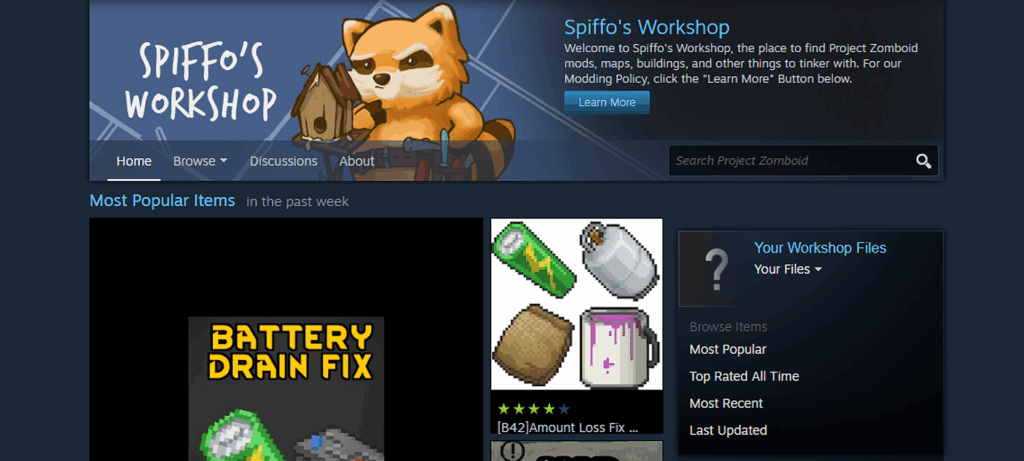
When you’re installing mods on a hosted server, you’ll encounter a manual process that’s prone to errors, because it involves editing lines of text inside a file called servertest.ini and adding two identifiers for each mod you want to install: the Workshop ID and the Mod ID. A simple typo or a missing semicolon (;) for each mod in the file can prevent the server from starting or cause mods not to load properly. So, a good hosting provider should offer an integrated mod manager in their control panel, instead of manually editing text lines in a file, you’d have an interface where you only need to paste the Workshop ID of the mod you want to install. The system will then automatically download the mod and complete the remaining configuration lines in servertest.ini.
A mod manager is a tool that will save you a lot of trial-and-error testing. If a hosting provider includes one, it shows they understand the specific needs of the game and have taken steps to simplify one of the most common, and error-prone tasks, especially for those setting up a server for the first time.
9. Backups
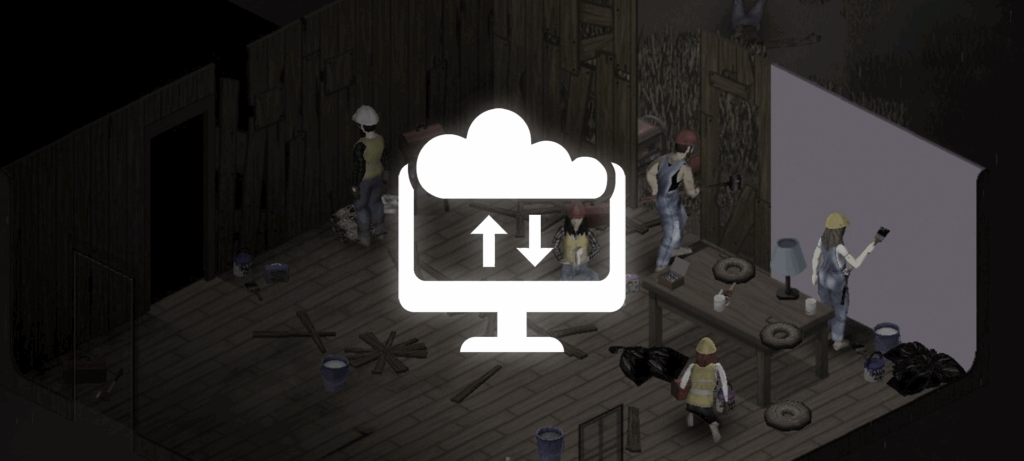
You probably know from experience that Project Zomboid can be quite unstable. Bugs are common since the game is still in development. That’s why, when setting up your server, you need to ensure you can back up your game progress, because we’re talking about weeks or even months of progress that could be lost due to an error, a mod update, or data corruption. Hosting providers should be aware of this reality and offer a backup system for all their server plans. It’s important to understand what kind of backups they provide, whether they’re automated or manual. With manual backups, you’re responsible for creating them at the right time, so I recommend looking for a provider that offers automated backups, as this allows you to schedule them at any time without worrying about availability or wasting time.
Another crucial detail is the ability to download these backups and store them on your own computer. You can do this via FTP access as I mentioned earlier. If the hosting providers cloud storage fails or if backups are accidentally deleted, having a local copy ensures you always have a fallback option for your server files.
10. The Hosting Provider Must Offer Human Technical Support
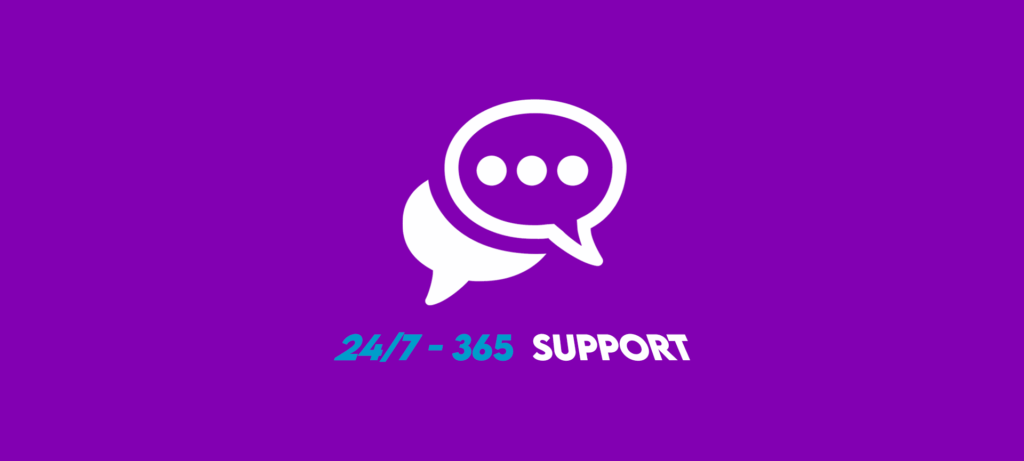
As I mentioned earlier, Project Zomboid is an unstable game with bugs and that’s just on the client side (in offline mode). So, imagine how unstable it can get at the server level, especially when your server is hosted by a third-party provider. Essentially, you won’t have full technical control if an issue arises with your server, which is why it’s crucial for a good provider to offer real human support and provide the necessary communication channels. Some providers use ticket systems that get answered within hours, while others have a live chat integrated into their interface at all times.
If a hosting provider doesn’t offer human technical support, it means they rely solely on pre-written bot responses or, worse, a community Q&A forum as a substitute. I strongly recommend looking for another provider, because these kinds of “tools” won’t give you proper assistance, nor will they lead to a practical solution.
One advice I can give you when contacting support is to describe your issue clearly and in detail. Keep in mind that hosting providers work with a wide variety of games, so they’re unlikely to have deep expertise in Project Zomboid specifically, so the more precise you are about the problem, the better chance they’ll have of helping you.
At Cybrancee, we provide 24/7 technical support in each of our plans and services


